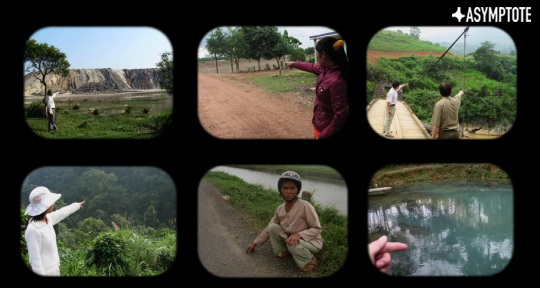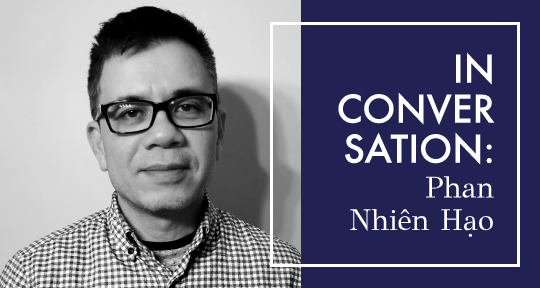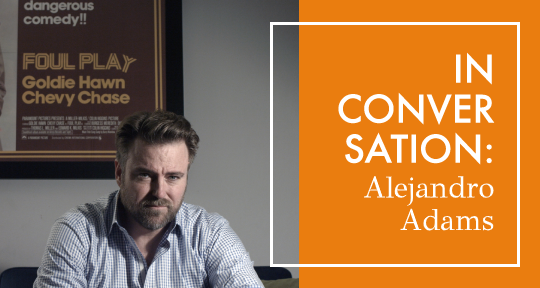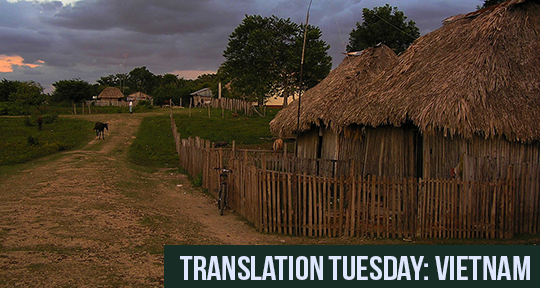This week our writers bring you the latest news from Austria, where the annual European Literature Days took place; Singapore, where Singapore Unbound has launched a new translation imprint; and Vietnam, where Jaroslav Hašek’s The Good Soldier Švejk has been translated into Vietnamese. Read on to find out more!
Julia Sherwood, Editor-at-large, reporting from Austria
The rolling hills of Austria’s Wachau are usually alive with the sound of music and literature in November as writers from all over Europe converge on the picturesque wine-growing region on the banks of the Danube for the annual European Literature Days. This year, however, since Austria went into lockdown just days before the festival began on 19 November, the words and the music emanated from the empty auditorium of the sound space (Klangraum) of the Minoriten Church in Krems. Writer Walter Grond and his colleagues from Literaturhaus Europa, joined by co-hosts Rosie Goldsmith from England’s Wiltshire and Hans-Gerd Koch from Berlin, linked up digitally with writers and musicians across Europe for four days of readings and discussions. The last-minute switch to digital format went without a hitch and the loss for those who had been looking forward to meeting old friends and enjoying autumn walks and the delicious local wine proved to be a gain for the rest of the world, as the entire festival was live-streamed (the recordings are available on the Elit YouTube channel). More Wilderness!—the festival theme that, as had happened so often before, proved to be uncannily prescient in view of the pandemic—was introduced by Austrian writer Robert Menasse in conversation with German philosopher Ariadne von Schirach, who continued exploring the wilderness inside and outside the following day in a dialogue with biologist and biosemiotician Andreas Weber. Over the weekend, a dizzying range of authors discussed and read from their works: from stars such as Sjón, Petina Gappah, and A.L. Kennedy (the recipient of this year’s Austrian Booksellers’ Prize of Honour for Tolerance in Thinking and Acting); through those who made their name more recently, like Olga Grjasnowa (Germany), Filip Springer (Poland) as well as Polly Clarke and Dan Richards from the UK; to writers who have yet to make their name in the Anglophone world, such as the Hungarian Gergely Péterfy, the Italian Fabio Andina, the Czech-born Austrian writer and musician Michael Stavarič, the Slovak Peter Balko, and Miek Zwamborn, a Dutch author based on the Scottish Isle of Mull. In addition to Menasse and Grond, the home-grown talent included writer and musician Ernst Molden, whose balcony concerts helped to keep up the spirits of his neighbourhood in Vienna during the first wave of the pandemic, and Daniela Emminger, whose reading from her dystopian novel set in Hitler’s birthplace, Braunau, was enlivened by the appearance of a banana-munching gorilla. Emminger’s succinct summaries of the whole festival can be read here. READ MORE…











